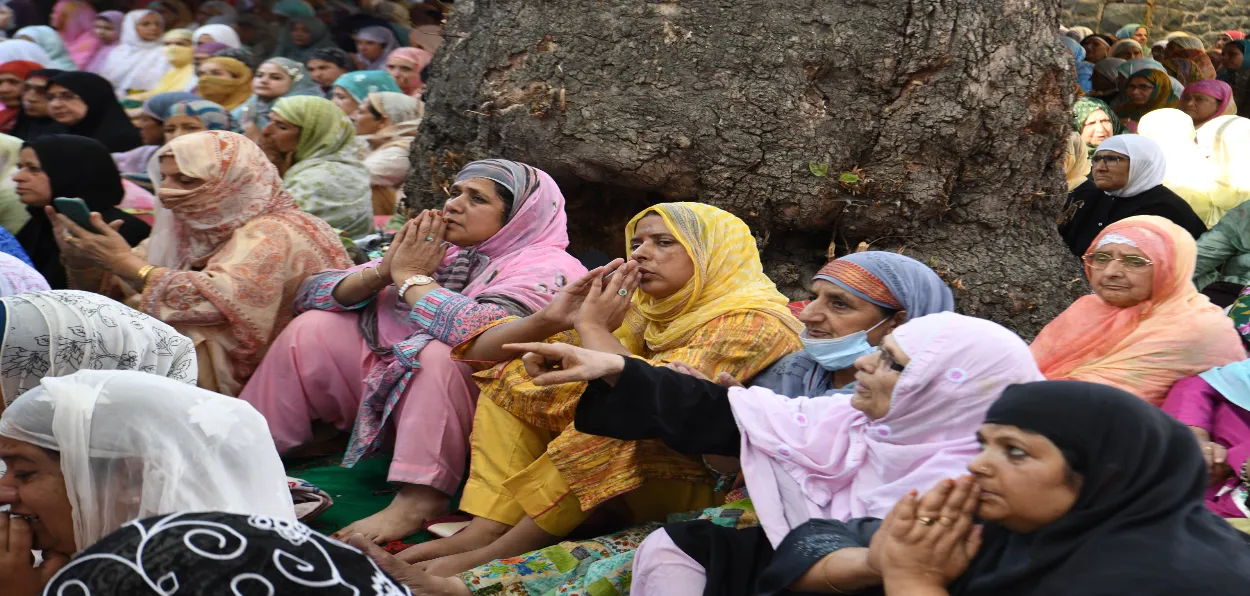
Eman Sakina
Islam, a major religion in the world, has often been misunderstood when it comes to the status of women. While there may be cultural practices that limit women's rights in certain societies, it is crucial to distinguish between these and the teachings of Islam. Islam emphasizes the equality of men and women in various aspects of life, granting women rights and responsibilities that challenge the stereotypes perpetuated through misinterpretations.
Friday Musings
Islam explicitly recognizes the spiritual equality of men and women. In the Quran, the holy book of Islam, it is mentioned in Surah Al-Imran (3:195) that "their Lord responded to them: 'I never fail to reward any worker among you for any work you do, be you male or female – you are equal.'"
This verse underscores that both men and women are equally accountable for their deeds and are entitled to the same spiritual rewards. Islam does not distinguish between the genders when it comes to the pursuit of a connection with the divine.
Educational Rights:
Contrary to stereotypes, Islam encourages the pursuit of knowledge for both men and women. The Prophet Muhammad (peace be upon him) emphasized the importance of education, stating, "Seeking knowledge is obligatory for every Muslim." This obligation applies to both men and women, highlighting the importance of education in Islam.
Throughout history, there have been many prominent Muslim women scholars who have contributed significantly to various fields, ranging from theology and jurisprudence to science and literature. Their achievements stand as a testament to the encouragement of education within Islamic teachings.
Economic Empowerment:
Islam grants women economic rights, challenging the notion that women are financially dependent on men. Women have the right to own and manage their property, engage in business, and participate in economic activities. The Quran explicitly states, "And for women are rights over men similar to those of men over women." (Quran 2:228)
Prophet Muhammad's first wife, Hazrat Khadijah, was a successful businesswoman, debunking the idea that Islam restricts women from engaging in economic pursuits.
Social and Legal Equality:
In matters of justice and legal rights, Islam ensures equality between men and women. Both genders are entitled to fair treatment, and justice is not to be compromised based on gender. The Quran emphasizes the principle of justice, stating, "O you who have believed, be persistently standing firm in justice, witnesses for Allah, even if it be against yourselves or parents and relatives." (Quran 4:135)
Islam also provides guidelines for the fair treatment of women, addressing issues such as marriage, divorce, and inheritance. The misconception that Islam oppresses women often stems from cultural practices rather than the religion itself.
It is essential to distinguish between cultural practices and the true teachings of Islam when discussing the status of women. Islam, at its core, promotes equality between men and women in all aspects of life. Understanding and embracing the teachings of Islam can help break down stereotypes and foster a more equitable and inclusive society that recognizes the inherent value and capabilities of both men and women.
